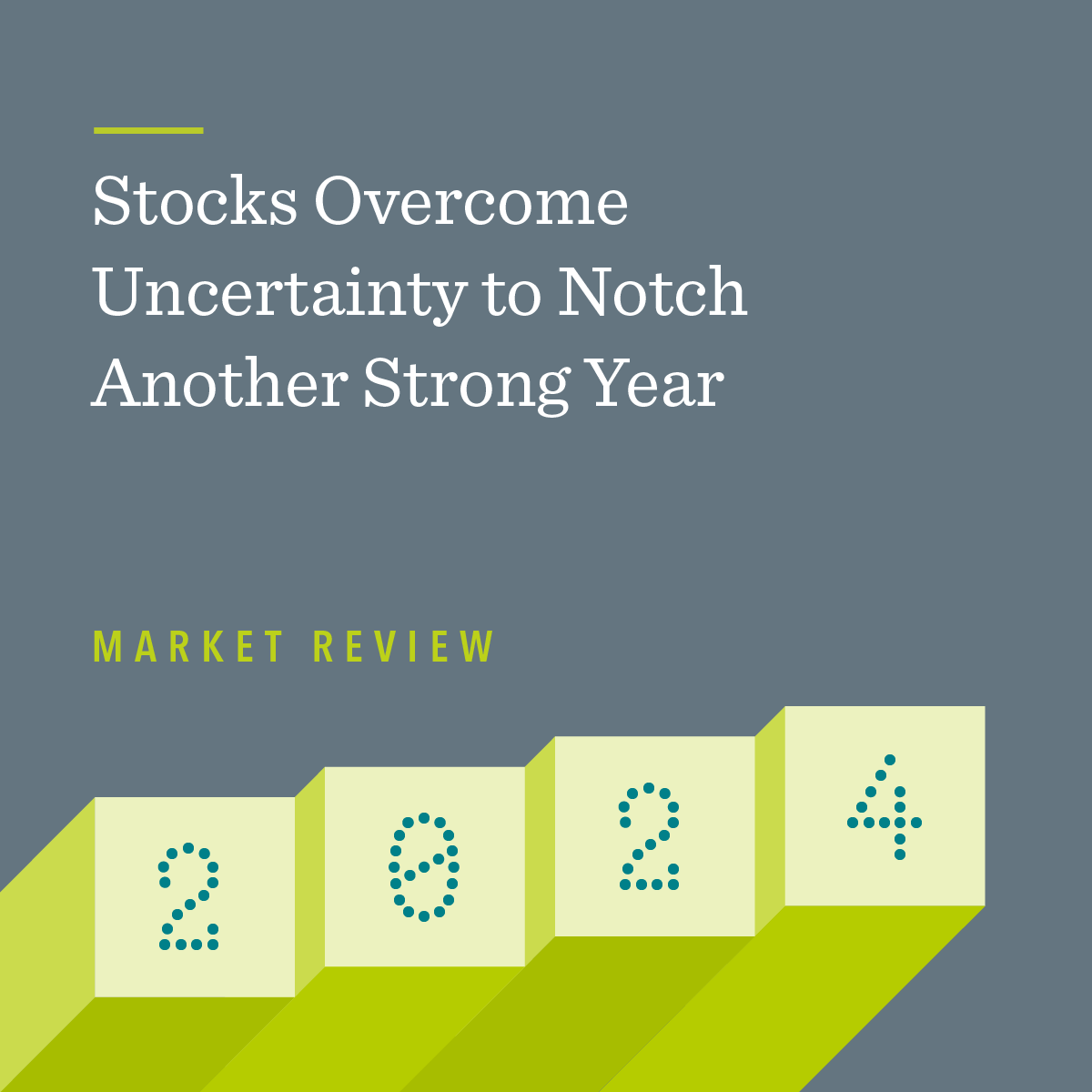Everyone dreams of financial success that will allow them to thrive now and in the future. And, as your financial success continues to grow, so does the complexity of managing your wealth.
For example, the more money you have, the more options you have. However, higher earnings have strings attached—for example, more and different types of taxes. One thing is certain: I don’t know anyone who wants to pay more taxes than they are legally required to!
As a high-income earner, you may face unique financial challenges that can lead to overpaying taxes if they are not carefully managed. Due to your substantial earnings, you may unknowingly fall into several tax traps that erode your wealth over time.
As tax planning specialists for high-achieving individuals, our team of Chicago CFPs® uses an evidence-based investing approach to unlock the potential of your wealth. By leveraging tax-advantaged accounts and employing tax-loss harvesting strategies, we help you minimize tax liabilities, boost after-tax returns, and maximize the long-term growth of your wealth.
In today’s blog, we’ll examine four frequent tax pitfalls impacting your net income and accumulated wealth. Our goal is to provide some insight and strategies you can use to optimize your after-tax investment returns, protect your assets, and reach your long-term financial goals.
Tax Pitfall #1: Not Maximizing Your Retirement Contributions
Many high-income earners fail to take full advantage of retirement contribution limits, resulting in higher taxable income and missed opportunities for tax-deferred growth. By not contributing the maximum allowable amount to retirement accounts such as 401(k)s, IRAs, or Roth IRAs, you may be paying more in taxes each year and potentially missing out on employer-matching contributions and the benefits of compound growth over longer periods.
Possible Solutions
- Maximize Employer-Sponsored Plans: Contribute the maximum to your 401(k) or 403(b) plans. For 2024, the contribution limit is $23,000, with an additional $7,500 catch-up contribution for those aged 50 and over. Ensure you take full advantage of employer matching contributions, which are free.
- Utilize IRAs: Open and contribute to Individual Retirement Accounts (IRAs). You can contribute up to $7,000 annually, with an additional $1,000 catch-up contribution if you’re 50 or older. Choose between traditional IRAs for pre-tax contributions, tax-deferred growth, and taxable distributions or Roth IRAs for after-tax contributions, tax-deferred growth, and tax-free distributions. Future tax brackets may also influence this strategy.
- Review Annually: Regular reviews and adjustments to your contributions are important due to changes in income, tax laws, and retirement goals. This ensures you maximize your contributions and take full advantage of any increases in contribution limits.
- Consult a Financial Advisor: A Chicago fiduciary financial advisor can provide personalized advice and strategies to optimize retirement contributions. The advisor can also help you navigate the complexities of retirement planning and ensure you’re maximizing your tax benefits.
Watch our short video on three ways to make paying your taxes less taxing.
Tax Pitfall #2: Tax Implications of Improper Asset Allocation and Excessive Concentrations
There are several tax implications when your portfolio is highly concentrated in a single investment or asset class.
If you decide to sell concentrated assets, particularly those that have appreciated significantly, you may face substantial capital gains taxes. Long-term capital gains (on assets held for more than a year) are taxed lower than short-term gains but can still be the source of a substantial tax liability.
Holding high-yield investments in taxable accounts can lead to higher taxable income. Interest, dividends, and short-term capital gains are taxed at ordinary income tax rates, which can be much greater than necessary for those in the top tax brackets.
A highly concentrated portfolio or holding can increase the value of your estate, potentially leading to higher estate taxes upon the passing of a surviving spouse. This is especially relevant if your estate exceeds the federal or state estate tax exemption limits.
Possible Solutions for Minimizing Taxes
- Gradual Diversification: Instead of selling a large portion of a concentrated asset in one transaction, you may want to sell smaller amounts over a longer period to spread out the tax liabilities.
- Utilize Tax-Advantaged Accounts: Buy high-yield investments for tax-advantaged accounts like 401(k)s, IRAs, and Roth IRAs. These accounts offer tax-deferred growth (traditional accounts) or tax-free growth and withdrawals (Roth accounts), reducing immediate and future tax consequences.
- Charitable Donations: Donate appreciated assets of all types to charity. This can provide a charitable deduction equal to the asset’s fair market value while avoiding capital gains taxes on the appreciation when sold. Using donor-advised funds can also help manage and distribute charitable contributions over time.
- Gifting Strategies: Gift appreciated assets to family members in lower tax brackets. This can reduce the overall tax burden, as the recipients may pay lower capital gains taxes when they sell the assets.
- Estate Planning Techniques: Employ estate planning strategies such as setting up trusts or gifting assets to heirs while alive. This can reduce the value of your taxable estate and potentially lower your estate’s tax exposure.
- Tax-Efficient Fund Placement: Hold tax-efficient investments, such as index funds or ETFs, in taxable accounts and place less tax-efficient investments in tax-advantaged accounts. This minimizes taxable income from dividends and capital gains.
Tax Pitfall #3: Improper Asset Allocation
Improper asset allocation, particularly if highly concentrated in a single investment or asset class, can pose a significant financial risk to one’s current and future well-being. For example, as noted earlier, when a substantial portion of your net worth is invested in one asset, such as company stock or a specific industry group, you are exposed to higher volatility and the potential for substantial losses.
This lack of diversification can undermine your financial stability. Market fluctuations, company-specific risks, or sector downturns can disproportionately impact your wealth, leaving you vulnerable to substantial financial setbacks.
Watch our founder, Michael Evans, discuss why working with an objective financial advisor can make a difference.
Possible Solutions:
- Spread your investments across various asset classes, such as stocks, bonds, real estate, and cash. Within each asset class, diversify further by investing in different industries, geographic regions, and companies. This reduces the risk associated with any single investment and helps stabilize rates of return.
- Investing in index or exchange-traded funds (ETFs) provides broad market exposure and instant diversification. These funds typically have lower fees and provide an easy way to diversify your assets across multiple sectors and classes.
- Conduct regular portfolio reviews to align your asset allocation with your financial goals and risk tolerance. Rebalancing involves adjusting your holdings to maintain your desired allocations, especially after significant market movement or changes in your lifestyle.
Tax Pitfall #4. Neglecting Tax-Loss Harvesting
Tax loss harvesting refers to a strategy that involves selling under-performing investments at losses to offset capital gains on the sale of appreciated property. As a high-income earner, if you neglect this approach, you may miss out on significant tax savings. When investments lose value, the instinct may be to hold onto them in hopes of recovery.
Without a tax loss harvesting strategy, you might pay more capital gains taxes than necessary, diminishing your overall investment returns.
Additional Solutions
- Schedule regular reviews of your investment portfolio to identify underperforming assets. This allows you to pinpoint potential losses that can be harvested.
- Sell the underperforming investments to realize losses. These losses can offset capital gains from selling other investments, reducing your overall tax liability.
- To comply with IRS regulations, avoid purchasing the same or substantially identical security within 30 days before or after the sale. This ensures the loss is recognized for tax purposes.
- After selling the losing investment, reinvest the proceeds into a different yet similar investment to maintain your portfolio’s intended asset allocation and growth potential.
- Work with a tax planning professional to implement tax loss harvesting. They can help you identify the best opportunities and comply with all relevant tax laws.
Ready to learn more about our tax planning services for high achievers? Connect with us.
For informational and educational purposes only and should not be construed as specific investment, accounting, legal or tax advice. Cogent Strategic Wealth provides investment advice only through individualized interactions. Certain information is based upon third-party data, which may become outdated or otherwise superseded without notice. Third-party information is deemed to be reliable, but its accuracy and completeness cannot be guaranteed. Indices are not available for direct investment. Their performance does not reflect the expenses associated with the management of an actual portfolio nor do indices represent results of actual trading. Information from sources deemed reliable, but its accuracy cannot be guaranteed. Performance is historical and does not guarantee future results. Neither the Securities and Exchange Commission (SEC) nor any other federal or state agency have approved, determined the accuracy, or confirmed the adequacy of this article. © 2024, Cogent Strategic Wealth®



